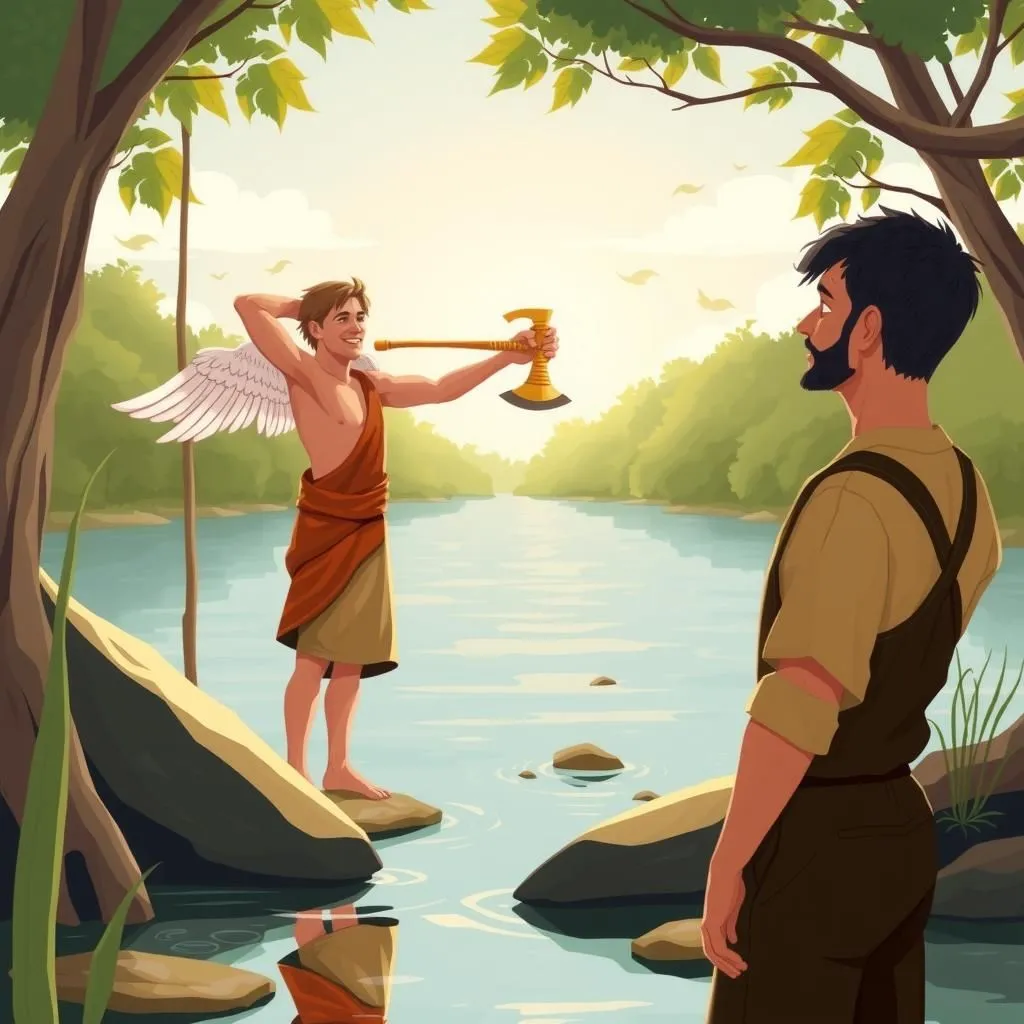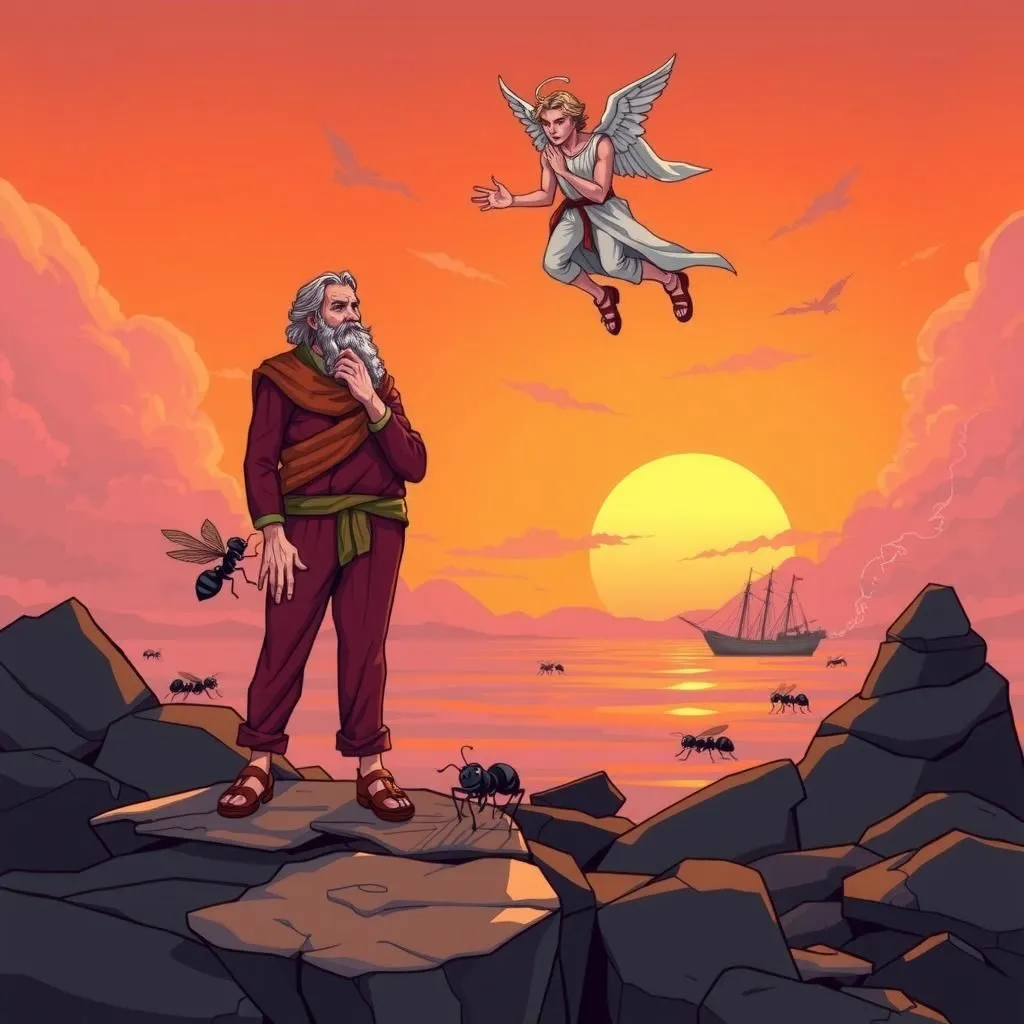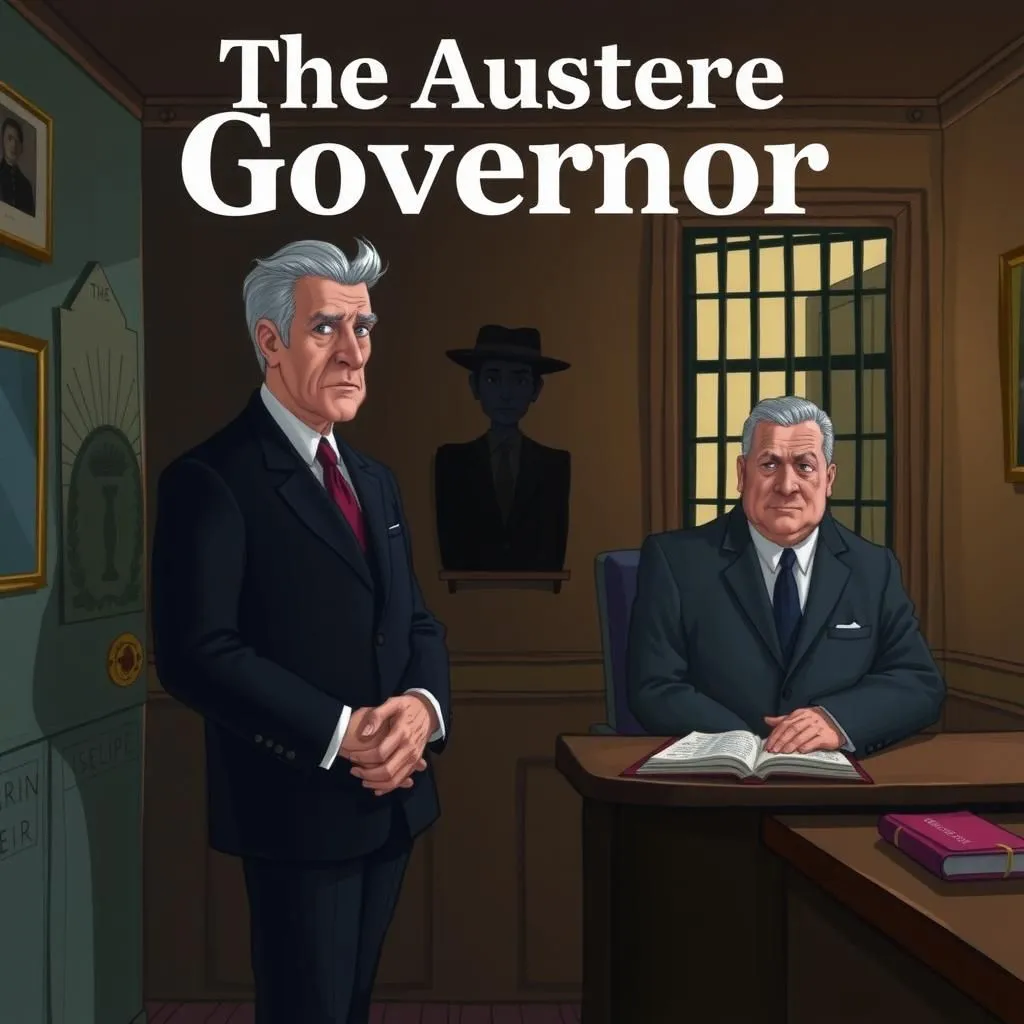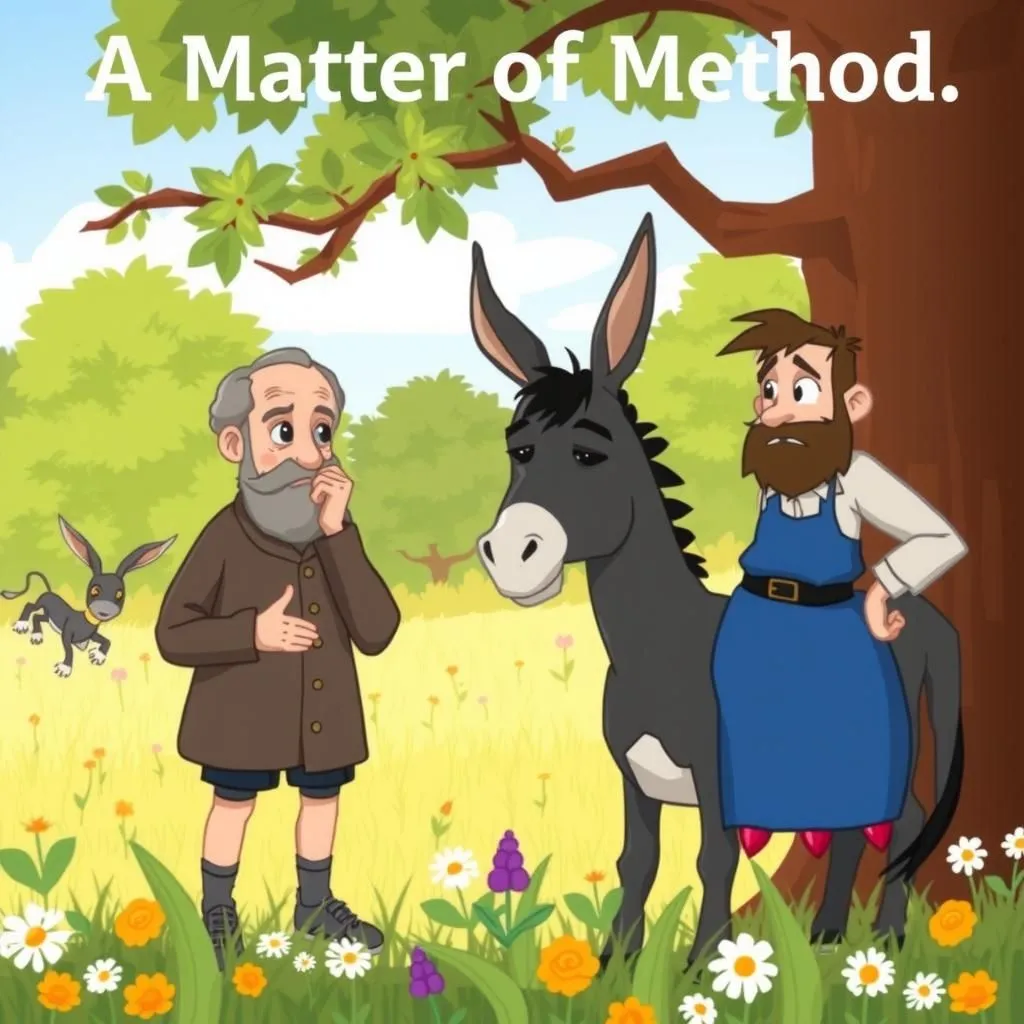
Mercury and the Workmen
In the humorous moral story "Mercury and the Workmen," a woodworker loses his axe in a river and, displaying honesty, is rewarded by Mercury with a golden and silver axe. However, when another worker tries to deceive Mercury by throwing his axe into the water, he is punished for his greed and ends up with nothing. This unique moral story illustrates the importance of honesty and the consequences of deceit, making it a valuable lesson for students.


